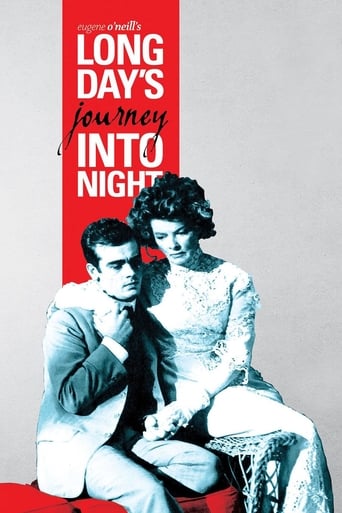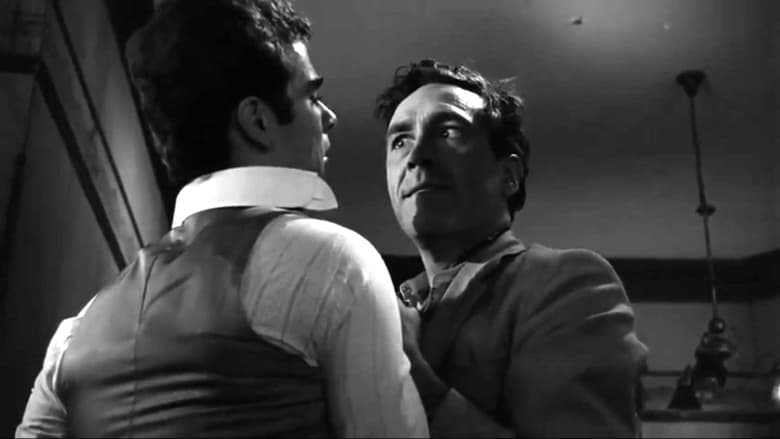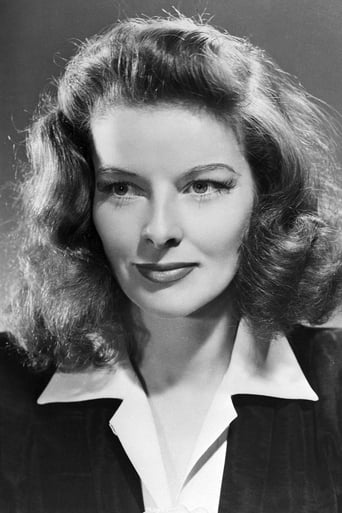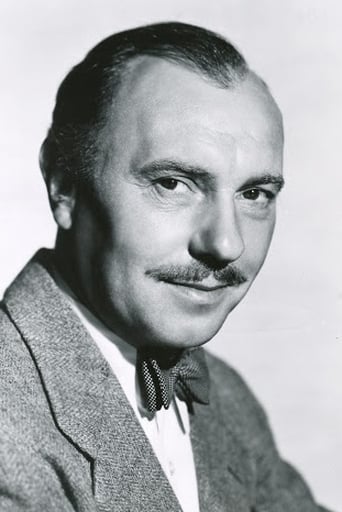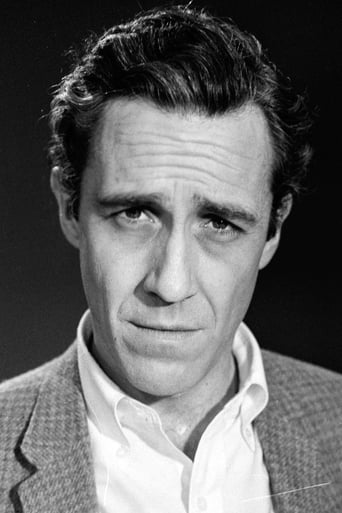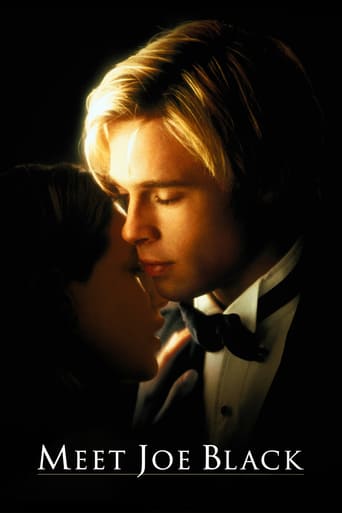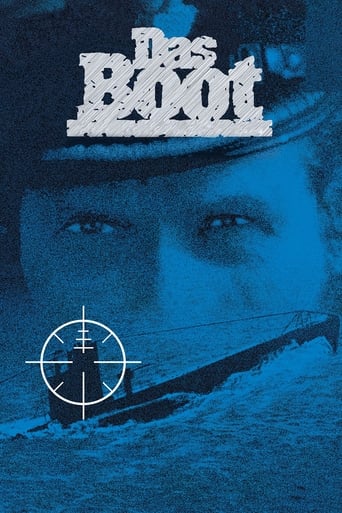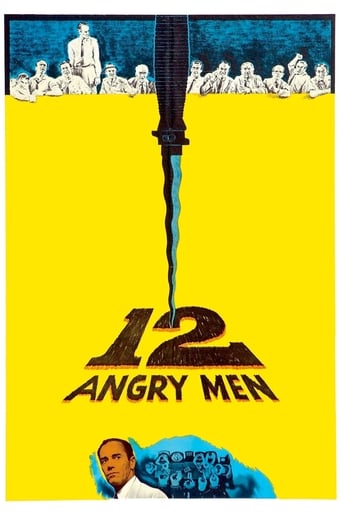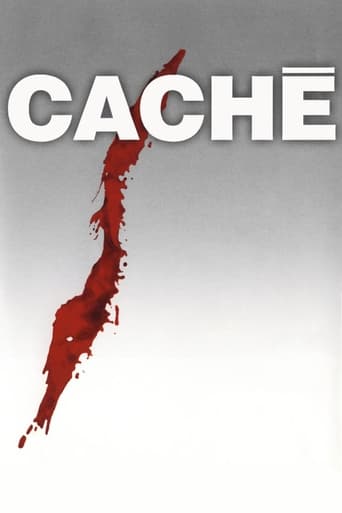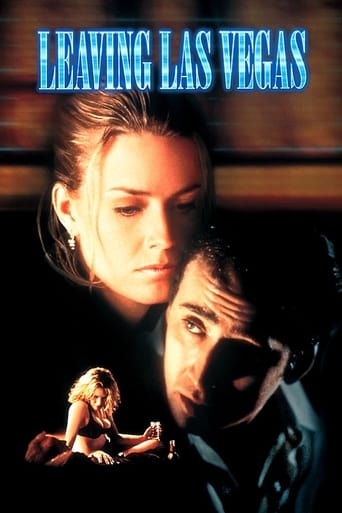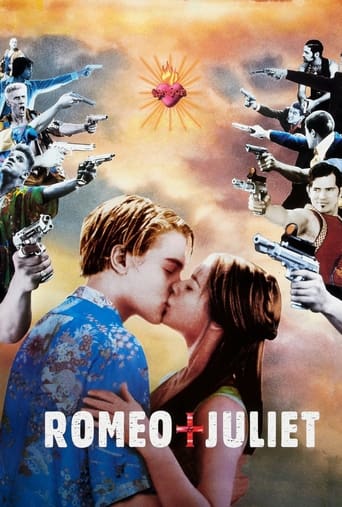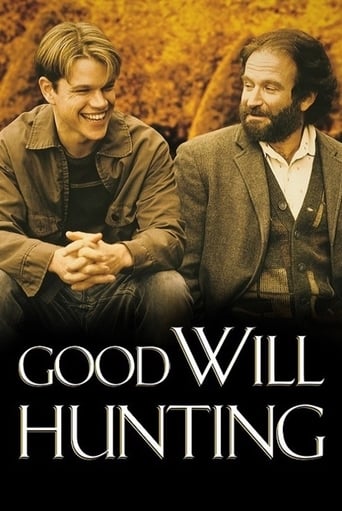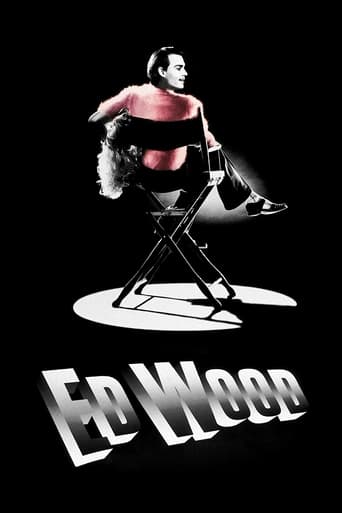Long Day's Journey Into Night (1962)
Over the course of one day in August 1912, the family of retired actor James Tyrone grapples with the morphine addiction of his wife Mary, the illness of their youngest son Edmund and the alcoholism and debauchery of their older son Jamie. As day turns into night, guilt, anger, despair, and regret threaten to destroy the family.
Watch Trailer
Cast


Similar titles
Reviews
Very very predictable, including the post credit scene !!!
The acting is good, and the firecracker script has some excellent ideas.
Like the great film, it's made with a great deal of visible affection both in front of and behind the camera.
Actress is magnificent and exudes a hypnotic screen presence in this affecting drama.
In Eugene O'Neill's play, Katharine Hepburn plays the fragile, weak matriarch in a highly dysfunctional family. Just as the title implies, the entire story takes place during one day, and just as the title implies, it's an incredibly long day. Ralph Richardson is the pontificating former actor who longs for his glory days, Jason Robards is the hard-drinking older son with contempt for every member of his family, and Dean Stockwell is the youngest son who's ill but has just as much of a temper as his healthier counterpart.While the family awaits the doctor's diagnosis of Dean's persistent cough, they're also watchful of Kate. She's in perpetual denial, refusing to believe her son is sick, refusing to acknowledge her former battle with morphine addiction, and refusing to admit tat she might be succumbing to temptation again. Each actor has long, boring monologues that don't contribute to the plot; each actor has long, emotional outbursts that show the audience a highly trained therapist probably couldn't help them. This is the type of play that people who say, "I don't like plays" refer to.While there are plenty of reasons that could make you feel like you should watch this film—famous actors, famous playwright, famous director—there isn't really any reason to watch it if you're actually looking for an enjoyable evening. Rent The Glass Menagerie instead if you want to see Kate in a dramatic play; it's actually good instead of pretending to be.
The line that's repeated over and over again is, "You're not going to bring that up again, are you?" Oh yes they are. Leaden, turgid, tedious beyond belief, utterly lacking in any leavening humor--even sarcasm would be a relief--the four main actors put a dull stage play on film. Lumet cuts in for a few closeups--but the faces have nothing to say at any angle. Richardson blusters, Stockwell whines, Robards brays, Hepburn frets. But they're all well fed and well liquored up--even Mommy gets her morphine fix--for all their complaints of life's cruelty. O'Neill has a set-piece speech for every character--this is basically O'Neill himself in four bodies. There's no one to care about, no one to root for, no one to identify with. Suck it up, Jamie, and go to the sanitarium. Edmund: get a JOB. Richardson, stop being such a bore about the old days. One could muster up some sympathy for Hepburn if she weren't so annoyingly helpless, always either smiling through or dissolving into tears.Don't waste any time on this unless you're required to. O'Neill deserves nothing better than to be tossed on the scrap heap of irrelevancy. This play has nothing to offer modern audiences except an idea of what a previous generation thought was "serious" theatre.
Having discovered O'Neills Mourning Becomes Electra a few months ago, I was interested in viewing this. Long Day just doesn't work in this era, because it's idea of drama is so limited; O'Neill shoe-horns dialogue/conversation into every opening. These characters have logorrhea. They talk everything out, then they break up into smaller groups and talk it out some more, then they move on to other groupings and talk it out some more, finally, as a finale, they talk it out some more. Words, words, words, words, words, words... After 30 minutes, you understand the psycho-dynamics and there's no real point in paying attention anymore. At one point this was controversial stuff, but any man on the street is now extremely familiar with the addictive personality and its resultant enabling, bullying & emotional manipulation. This family's problems are nor compelling. The movie is clearly going nowhere. In every scene they push each other buttons, and say awful things to each other; outbursts of no particular importance arrive about every 8 minutes.Mourning Becomes Electra has somewhere to go, and revelations that matter to the story. LDJiN hashes and rehashes the same points over and over. MBE is even more stagy and dated, but it has some actual shocks to deliver. Hepburn acting 'overwrought' is too familiar from her success. Her hop-head is hysterically inaccurate. She just comes downstairs cheerful and chatty after shooting up. Richardson is by far the worst here; a charter member of the British elocution club. He has an inexpressive stone face, with no perceptible emotional range.Strictly for people convinced that a string of outbursts is the height of drama. Who's Afraid of Virginia Woolf is it's spiritual sibling (and also a slog to watch!). But The Little Foxes is more acid, with superior structure.
In her long distinguished career, some of Katharine Hepburn's performances were mannered, while others were over-praised because of her near-mythic status. However, her Mary Tyrone in "Long Day's Journey into Night" was decidedly neither. Director Sidney Lumet crafted a meticulous filming of the Eugene O'Neill play without distracting from either the words or players with self conscious touches. But, the master director managed to keep his camera flawlessly positioned to capture the genius on display and maintain audience involvement. Boris Kaufman's low-key black-and-white cinematography was constrained by the largely one-set indoor stage, but managed to utilize light and shadow for timeless images of familial disintegration.The direction, cinematography, music, and editing all remain unobtrusive, however, so the incomparable work of a quartet of exceptional actors stays in focus. Dean Stockwell and Jason Robards play Jamie and Edmund Tyrone, the troubled sons of James Tyrone, an aging miserly actor. Like the two younger actors, Ralph Richardson has arguably done nothing that eclipses his work herein. O'Neill's masterwork is well served for posterity by the cast in this version. However, Katharine Hepburn raises a near-perfect record of a classic play to an even higher level. Hepburn's Mary Tyrone may not only be her finest screen work, but may rank among the greatest performances committed to celluloid. While day matures from morning to noon to night, the four Tyrones engage each other together and separately over issues that have simmered for a lifetime. Meanwhile, the day fades, and Hepburn's Mary descends from the light into the darkness as her grip on sanity ebbs with the sunlight and she retreats into the shadows of the Tyrones' dimly lit parlor.The film is nearly three hours long, but the words are rich, and the players obviously relish the lines. Patient viewers who seek familiarity with O'Neill's play could not find a better venue. Fans of any one of the four major cast members will find the film essential viewing, and those who want to see Katharine Hepburn at her apogee need look no further.

